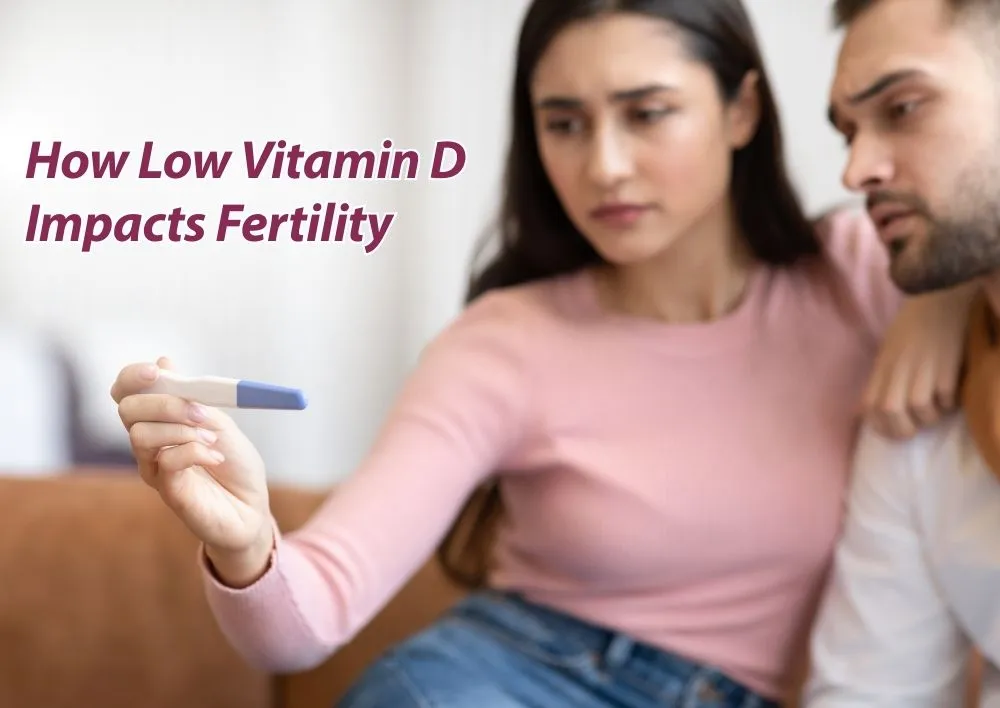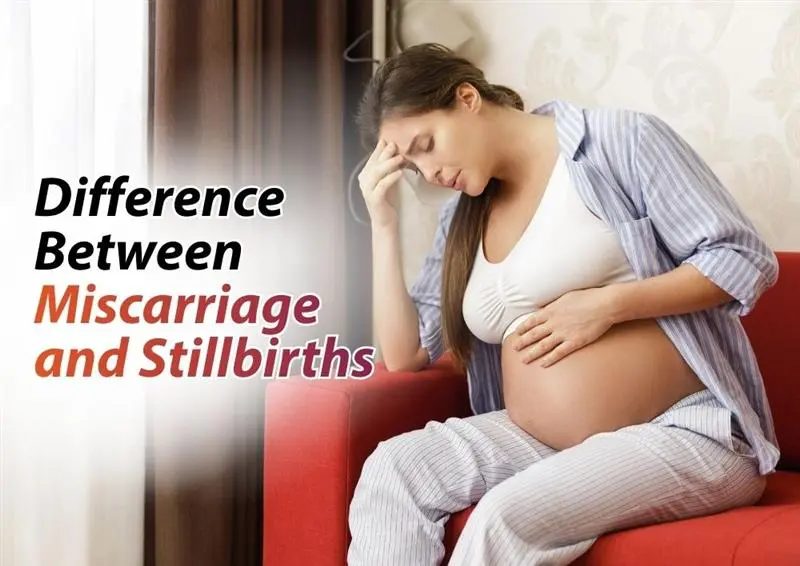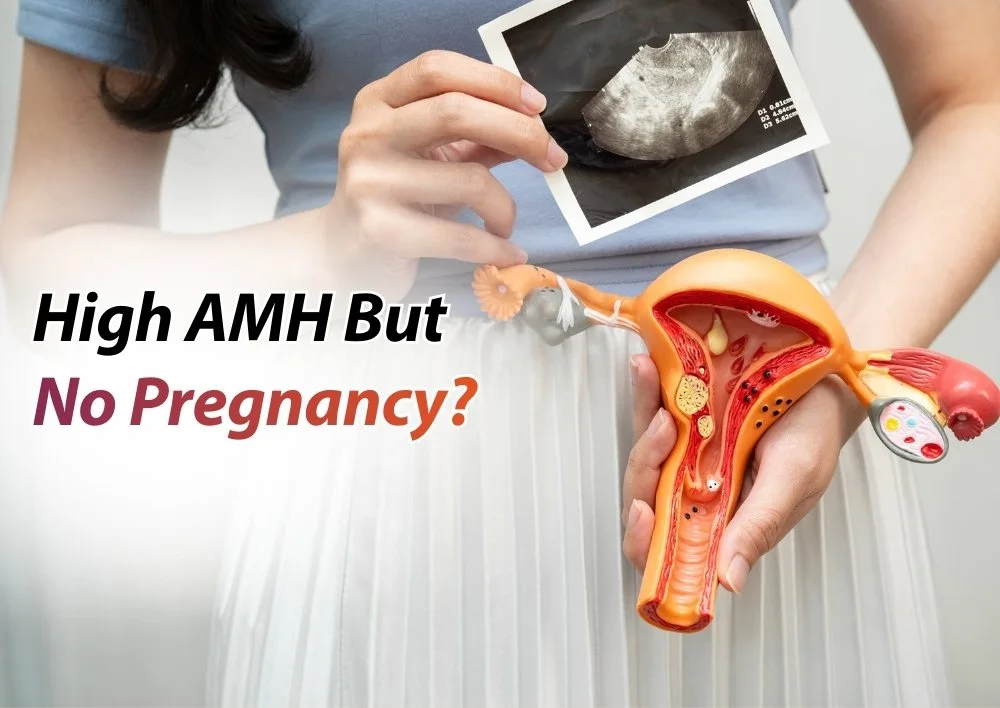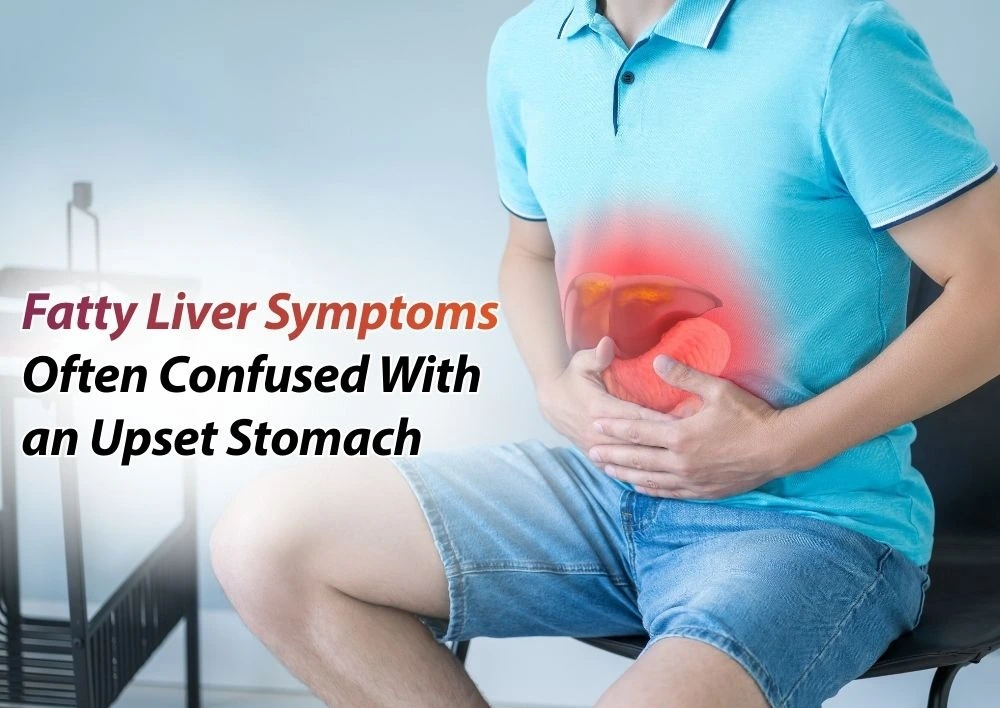How Low Vitamin D Impacts Fertility in Men and Women
Summary
Overview:
Vitamin D is more than just the nutrient we get from sunlight; it is a key player in maintaining overall reproductive health. Surprisingly, one of the hidden reasons behind rising infertility in both men and women is a deficiency of this essential vitamin.
Studies suggest that Vitamin D supports several aspects of fertility, including hormonal regulation, egg development, improved sperm quality, and better outcomes in treatments such as IVF. When the body lacks adequate Vitamin D, many of these processes can slow down or become less efficient, making conception more challenging.
In this blog, we will explore how Vitamin D deficiency affects fertility in both genders, the common signs of deficiency, and the most effective ways to naturally and safely improve your Vitamin D levels.
Connection Between Vitamin D Deficiency and Infertility
The connection between Vitamin D levels and fertility is much deeper than most people think. Vitamin D acts like a hormone in the body and supports several important reproductive functions. When levels are low, the body may struggle to maintain the hormonal and cellular balance required for successful conception.
Dr. Neha Shriya, the leading fertility specialist in Gurgaon at Miracles Fertility & IVF Clinic, explains, “Vitamin D plays a vital role in regulating reproductive hormones, improving egg and sperm quality, and supporting embryo implantation. Even a mild deficiency can affect fertility, which is why timely testing and correction are essential for couples trying to conceive.”
A deficiency in Vitamin D can impact fertility in the following ways:
-
Hormonal Imbalance: Low Vitamin D can disrupt estrogen, progesterone, and testosterone levels.
-
Irregular Ovulation: It may interfere with normal ovulation, leading to unpredictable menstrual cycles.
-
Poor Egg Quality: Reduced Vitamin D affects the overall health and development of eggs.
-
Low Sperm Count & Motility: Men may experience reduced sperm production and weaker sperm movement.
-
Weakened Embryo Implantation: The uterus may not support embryo attachment effectively.
-
Higher Inflammation: Vitamin D deficiency can cause increased inflammation, affecting reproductive organs.
-
Lower IVF Success Rates: Couples with low Vitamin D usually show reduced success in fertility treatments like IUI and IVF.
These factors show how important adequate Vitamin D levels are for both natural conception and assisted reproductive treatments.
How Low Vitamin D Affects Female Fertility
Vitamin D deficiency is widely seen among women of reproductive age. It can interfere with several aspects of fertility, including hormonal balance, ovulation, and pregnancy maintenance.
1. Irregular Menstrual Cycles
-
Vitamin D affects how the ovaries release eggs. When levels are low:
-
Ovulation may become irregular
-
Menstrual cycles may get delayed or unpredictable
-
The chances of natural conception decrease
2. Poor Egg Quality
Healthy eggs require sufficient hormone regulation and cellular function. Low Vitamin D affects:
-
Mitochondrial function of the egg
-
Quality of the egg released
-
Embryo development
This can reduce the overall fertility possibility.
3. Increased Risk of PCOS
Women with PCOS usually have significantly lower Vitamin D levels. This deficiency worsens:
-
Insulin resistance
-
Weight gain
-
Irregular cycles
Correcting Vitamin D levels may help improve symptoms and boost fertility.
4. Higher Risk of Endometriosis
Low Vitamin D is linked with:
-
Increased inflammation
-
Higher pain levels
-
Worsened endometrial lesions
Since endometriosis affects implantation and ovarian reserve, Vitamin D plays an indirect but important role.
5. Lower IVF Success Rates
Studies show that women undergoing IVF with low Vitamin D levels often have:
-
Fewer high-quality embryos
-
Lower implantation rates
-
Reduced pregnancy rates
On the other hand, optimal Vitamin D levels are associated with higher IVF success.
How Low Vitamin D Affects Male Fertility
Vitamin D deficiency impacts male fertility just as strongly as female fertility.
1. Low Testosterone Levels
Vitamin D plays a role in testosterone production. Deficiency may lead to:
-
Low energy
-
Poor libido
-
Reduced fertility
Improving Vitamin D can naturally support testosterone balance.
2. Poor Sperm Count and Motility
Sperm carry Vitamin D receptors, meaning the hormone directly affects sperm health. Low Vitamin D may cause:
-
Low sperm count
-
Reduced motility (movement)
-
Abnormal sperm shape
-
Difficulty fertilizing the egg
All of these significantly impact conception chances.
3. Increased Oxidative Stress
Deficiency increases oxidative stress in the testes, leading to quicker sperm damage. This affects:
-
Sperm DNA
-
Semen volume
-
Overall fertility potential
4. Erectile Dysfunction
Though not always discussed, Vitamin D deficiency can impair blood vessel function, contributing to:
-
Erectile issues
-
Decreased sexual performance
-
This indirectly affects fertility as well.
Common Symptoms of Vitamin D Deficiency
Most people do not realize they are deficient. Symptoms include:
-
Fatigue
-
Joint and muscle pain
-
Hair loss
-
Frequent infections
-
Mood changes
-
Low immunity
-
Trouble conceiving
Testing Vitamin D levels is simple and important for couples trying to conceive.
How to Improve Vitamin D Levels Naturally
Restoring healthy Vitamin D levels can greatly support fertility in both men and women. Here are some simple and effective ways to boost your levels naturally:
1. Spend Time in Sunlight
Aim for 15–20 minutes of morning sunlight daily, ideally between 8 AM and 10 AM. This helps your body produce Vitamin D naturally and safely.
2. Add Vitamin D–Rich Foods to Your Diet
Include more Vitamin D–rich foods in your daily meals, such as:
-
Egg yolks
-
Fatty fish like salmon, tuna, and sardines
-
Fortified milk and dairy products
-
Mushrooms
-
Fortified cereals
These foods strengthen your Vitamin D levels while supporting overall reproductive health.
3. Consider Vitamin D Supplements
If your Vitamin D levels are found to be low, your doctor may advise:
-
Vitamin D3 supplements
-
Weekly or monthly high-dose Vitamin D
-
Calcium supplements, if required
Always take supplements under medical guidance; self-medication can lead to complications.
4. Maintain a Healthy Weight
Excess body fat can reduce the body’s ability to absorb and use Vitamin D. Managing your weight can improve Vitamin D levels and support balanced fertility hormones.
5. Stay Physically Active
Regular exercise helps regulate hormones, improve metabolism, and support reproductive health. Activities like walking, yoga, cycling, or strength training can make a big difference.
When Should You Get Tested?
Check your Vitamin D levels if you are:
-
Trying to conceive for more than 6 months
-
Facing irregular periods
-
Dealing with PCOS or thyroid issues
-
Having a low sperm count or poor motility
-
Experiencing fatigue or bone pain
Timely testing and treatment can significantly improve conception chances.
Conclusion:
Vitamin D may appear to be just another nutrient, but its influence on fertility is remarkable. It supports hormonal balance, enhances egg and sperm quality, regulates menstrual cycles, and helps create the ideal environment for conception. Whether you are planning a natural pregnancy or preparing for fertility treatments like IVF, ensuring healthy Vitamin D levels is a simple yet powerful step toward improving your reproductive health. Looking for Expert Fertility Guidance? Consult a fertility specialist near you for comprehensive fertility assessments and personalized treatment plans designed to improve your chances of conception.
Frequently Asked Questions
Yes, Vitamin D deficiency can interfere with hormonal balance, egg quality, sperm health, and implantation, making it harder to conceive.
Yes, low Vitamin D levels may reduce the chances of pregnancy by affecting ovulation, hormone regulation, and reproductive function.
Low Vitamin D can lower sperm count, reduce motility, and negatively impact sperm quality, affecting male fertility.
Yes, it can lead to irregular cycles, poor egg quality, hormonal imbalance, and lower chances of successful implantation.
Men may experience low sperm production, reduced testosterone, fatigue, weaker immunity, and decreased reproductive health.
No, it doesn’t decrease testosterone. Vitamin D actually supports and may help improve healthy testosterone levels.









.webp)







Was the information useful?
0 0